.jpg)
In a bold move to modernise its data collection processes, Nigeria is set to embark on its first digital census. This ambitious undertaking aims to leverage cutting-edge technology to provide a more accurate picture of Africa's most populous nation. The shift from traditional paper-based methods to digital data capture promises increased efficiency, reduced costs, and improved data quality. However, it also brings new challenges, particularly in data management and security.
The Nigerian government, through its National Population Commission (NPC), plans to deploy a suite of digital tools for the upcoming census. At the heart of this technological arsenal are mobile devices equipped with specialised software for data collection. Field officers will use tablets or smartphones to input information directly, eliminating the need for paper forms and subsequent manual data entry.
This approach mirrors successful digital censuses conducted elsewhere. Kenya's 2019 census, for instance, utilised 164,700 mobile devices to enumerate its population of roughly 47 million. The United States Census Bureau similarly employed iPhone 8 devices for its 2020 decennial count, marking its first primarily digital census.
.jpg)
Central to Nigeria's digital census strategy is the use of Geographic Information System (GIS) technology. GIS mapping will enable precise geolocation of households and infrastructure, providing valuable spatial data alongside demographic information. This integration of geospatial technology with census data collection has proven effective in countries like India, where it was used in the 2011 census to create detailed maps of over 640,000 villages.
The Nigerian authorities are also exploring the use of satellite imagery and remote sensing technologies to complement on-the-ground data collection. These tools can help identify hard-to-reach areas and verify housing unit counts, a method successfully employed by Iran in its 2016 census to improve coverage in remote regions.
.jpg)
To manage the vast amount of data generated, Nigeria plans to implement a robust cloud-based infrastructure. This will allow for real-time data transmission and centralised storage, facilitating quicker data processing and analysis. Similar systems have been used effectively in Brazil's 2022 digital census, which employed a cloud-based solution to handle data from over 200 million citizens.
However, the shift to digital methods is not without its challenges. One of the primary concerns is data security. With sensitive personal information being collected and transmitted electronically, the risk of data breaches or unauthorised access increases significantly. A study by the United Nations Statistics Division found that 63% of countries conducting electronic censuses cited data security as a major challenge.
Nigeria must learn from incidents like the 2016 Australian census, where the online system suffered a series of denial-of-service attacks, leading to a temporary shutdown. Robust cybersecurity measures, including end-to-end encryption and secure authentication protocols, will be crucial to protect the integrity of the census data.
Another potential hurdle is the digital divide that exists within Nigeria. While mobile phone penetration has reached 84% according to the Nigerian Communications Commission, internet access remains limited in many rural areas. This disparity could lead to underrepresentation of certain populations if not adequately addressed. Ghana faced similar challenges in its 2021 digital census, necessitating the use of offline data collection methods in areas with poor connectivity.
.jpg)
Data quality assurance presents another significant challenge. The ease of digital data entry can paradoxically lead to increased errors if proper validation mechanisms are not in place. A study published in the Journal of Official Statistics found that digital data collection in censuses can reduce some types of errors while introducing new ones, particularly related to GPS accuracy and data entry mistakes.
Moreover, the successful implementation of a digital census requires extensive training of field staff. The United Nations recommends allocating at least 25% of the total census budget to training when transitioning to digital methods. Nigeria will need to invest heavily in capacity building to ensure enumerators are proficient with the new technologies.
Data management post-collection also poses significant challenges. The sheer volume of data generated by a digital census of Nigeria's scale – with an estimated population exceeding 200 million – will require sophisticated data processing and storage solutions. The country might look to India's experience, where the processing of data from its 1.3 billion citizens in the 2011 census took over two years despite using advanced data processing techniques.
Despite these challenges, the potential benefits of a digital census are substantial. Research by the World Bank suggests that digital censuses can reduce overall costs by up to 30% compared to traditional methods. Furthermore, the granularity and timeliness of data collected digitally can significantly enhance policy-making and resource allocation.
As Nigeria prepares for this technological leap, it stands to gain not only a more accurate population count but also valuable experience in large-scale digital data collection. The success of this endeavour could set a precedent for other African nations looking to modernise their statistical systems.
However, the ultimate measure of success will be the quality and utility of the data produced. As Nigeria navigates the complexities of its first digital census, it must balance the promise of technology with the realities of its diverse and complex socio-economic landscape. The world will be watching closely, as the lessons learned from this ambitious project could shape the future of census-taking across the developing world.
At CSM Tech, we work with governments across Africa on initiatives like these, be it the Social Registry in Gambia or the Productive Safety Net Programme in Ethiopia.
Learn more about them here: www.csm.tech/africa/
















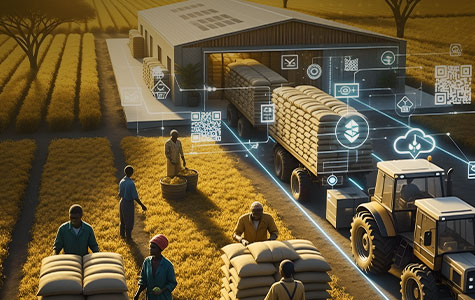

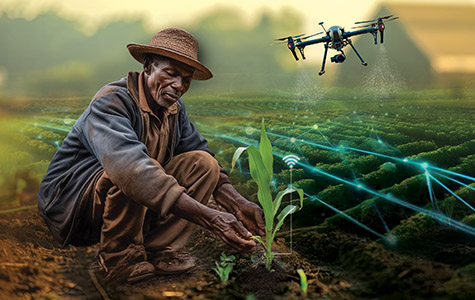








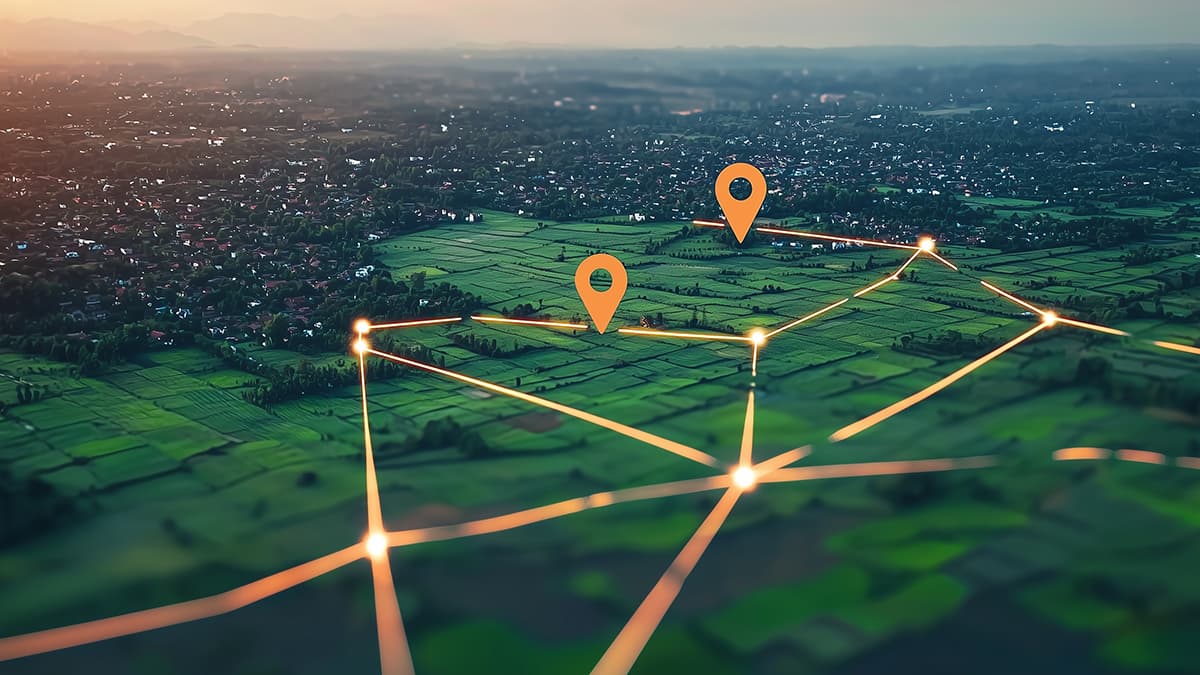
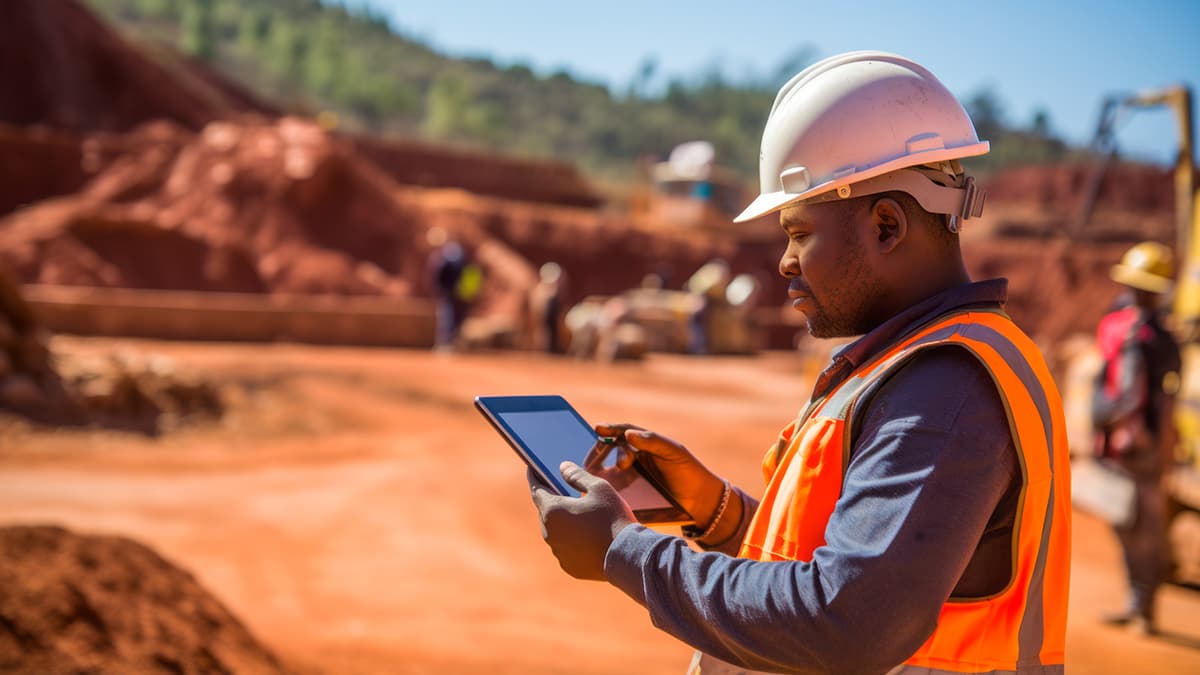








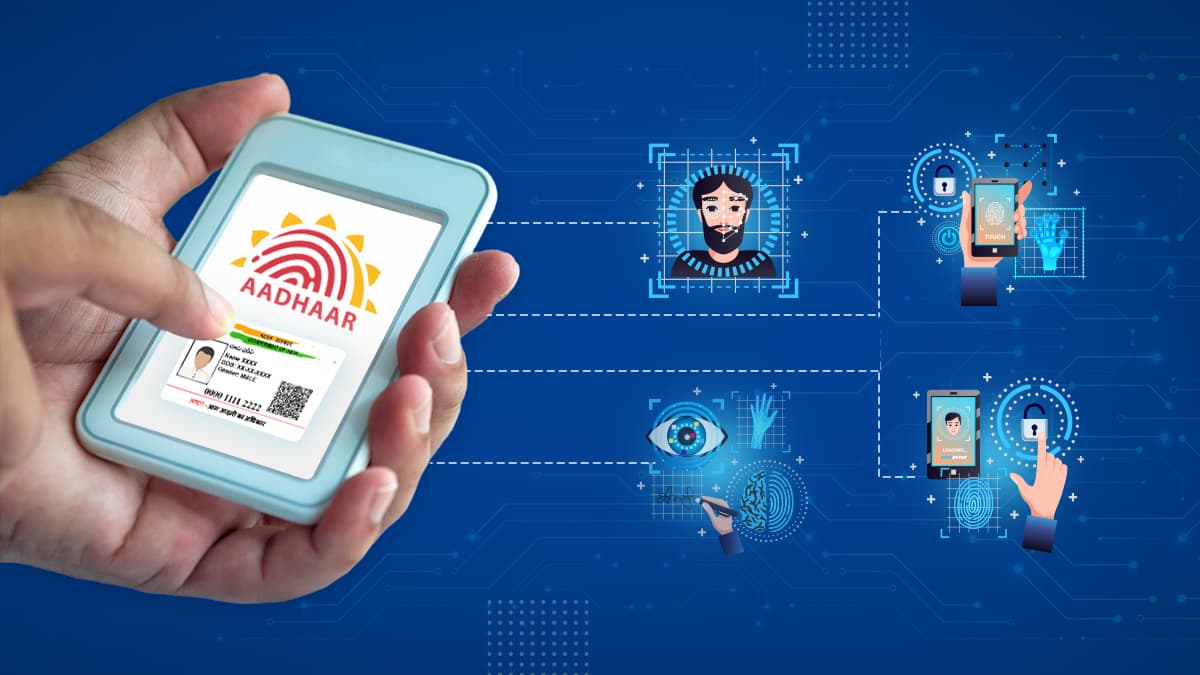




We will verify and publish your comment soon.